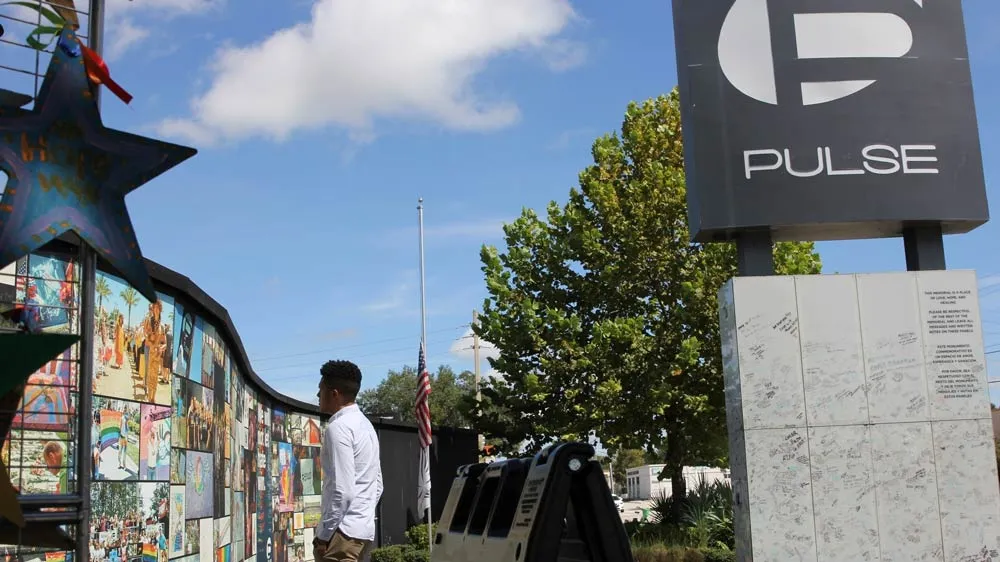March 4, 2021
Take These 7 Precautions Before And During Your Next Trip
Chauncey Crail, Contributor, and Dia Adams, Editor READ TIME: 4 MIN.
Unnecessary travel is a bad idea right now – there's no doubt. Despite the obvious risks, there are still people who need to travel. Even when there isn't a global pandemic, there are safety precautions you can take while traveling to help protect yourself and your companions.
These logistical tips are useful if you find yourself outside of the U.S. right now or as general advice when traveling internationally.
Enroll in the Smart Traveler Enrollment Program (STEP)
The Smart Traveler Enrollment Program (STEP) is a database maintained by the U.S. State Department where you can enter details about your travels abroad including travel dates, addresses where you'll be staying, contact information for yourself and for an emergency contact.
Enrolling in STEP will sign you up for email alerts from your destination's local embassy or consulate, ensuring that you receive the latest information about threats and disruptions that may affect your travels. It also ensures that the embassy or consulate has your contact information in case of a major emergency response–like when U.S. citizens were evacuated from Wuhan, China in early 2020 at the start of the COVID-19 pandemic.
If you are looking for information in real time, most consulates have active Twitter accounts where they post information about goings-on in their country. During the confusing first months of the pandemic, State Department official Twitter accounts posted information about repatriation flights and resources for US citizens affected by country shutdowns.
Sign Up for Alerts from Local Authorities and News Sources
If you speak the local language (or are handy with Google Translate or other translation apps), sign up for email or social media updates from local authorities, like national or provincial health departments. Local news sources, including English-language outlets, can also be great sources of relevant, timely information. You'll likely get more frequent and comprehensive updates from those sources than you'll get from a local embassy.
Seek Out Connections With Other Foreigners
Facebook and WhatsApp are full of groups for foreign travelers and residents. Groups like "Foreigners in Barcelona" or "Digital Nomads in Mexico City" can be a great source of information particularly relevant to travelers, like newly announced travel restrictions or ways to extend your visa (or beg for forgiveness) if your travel is unexpectedly disrupted. They can also help you learn about expected changes in public services. Search "Expat" and your location and you'll find a plethora of sources where you can plug into the local overseas community.
Know What Is Covered By Your Health Insurance
Some health insurance plans have fairly comprehensive coverage when traveling abroad, while other plans restrict coverage to in-network providers in the U.S. (or even within your state). Find out whether your health insurance covers you while you're traveling, and whether there are any in-network providers where you're going (this is fairly rare, but not unheard of).
Also consider buying separate travel insurance or local health insurance, especially if you plan to stay somewhere for an extended period. It might go without saying, but just in case: Figure this out before you leave. You'll want to know your insurance situation before calamity strikes: You will not want to have to research your coverage after a rabid dog bites you in a remote part of South America.
Find Out What Telemedicine Resources Are Available to You
Does your doctor's office, insurance company or employer offer access to healthcare providers by phone or video chat? This can be a useful way to get input about your symptoms and a professional on the line can tell you if you need to go to a local health provider or make recommendations for self-treatment. (Note, however, that with the current health situation you'll likely experience longer wait times than usual for these services.)
A tele-health appointment also can help you find medicines that can help you, even if they can't provide you with a prescription. Many drugs that are prescription only in the United States can be purchased over the counter in some countries.
Know How to Find a Local Doctor or Hospital
Whenever you're traveling somewhere, it's helpful to know where you can find quality medical care (and ideally a doctor who speaks your language). Your insurance company may have resources available–for example, Blue Cross Blue Shield has an app and website that allows you to find doctors and translate key medical terms.
Many embassies and consulates also maintain lists of doctors and hospitals in the local area. You can also ask your credit card's concierge or cardholder assistance service to help you identify those resources.
Check Your Credit Card Insurance for Useful Protections
While most credit card insurance isn't going to reimburse you if you cancel your trip because you're afraid of getting sick, there are some useful protections that can help you if something goes wrong.
For example, the Chase Sapphire Reserve� will cover up to $2,500 in eligible medical expenses while traveling if you paid for your trip with your card. Both Chase and American Express offer emergency evacuation coverage for holders of their premium credit cards.
Note that you should read the terms and conditions for important restrictions beforehand. For example, any emergency evacuation expenses generally have to be approved and coordinated by the credit card company's benefits administrator; you can't make purchases on your own and get reimbursed later.
Bottom Line
If you do have to travel right now, be smart about it: Arm yourself with as much information as possible, get connected with networks for updates as situations change and get a sense of which precautions will keep yourself and your loved ones safe. Wear a mask. And, of course, wash your hands.
Perhaps most importantly, remember that there's always more to learn. When it's possible to travel more widely again, consider any lessons we may have learned during the COVID-19 pandemic so you can always make your next trip more safe than the last.







